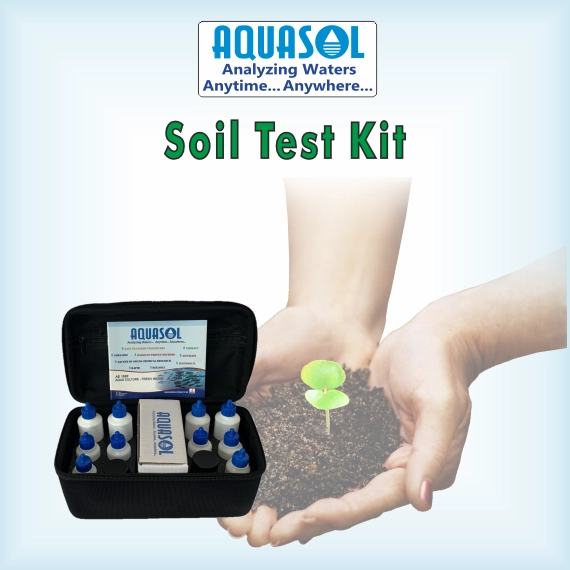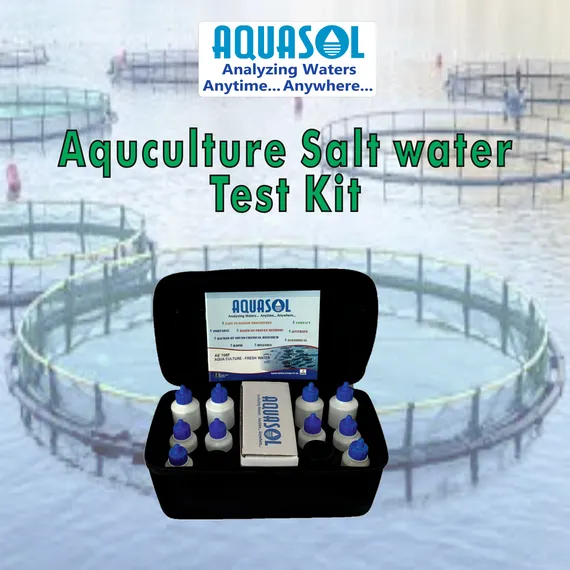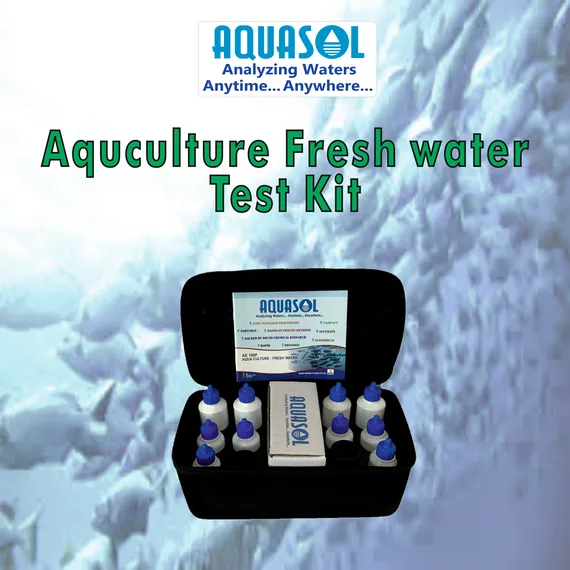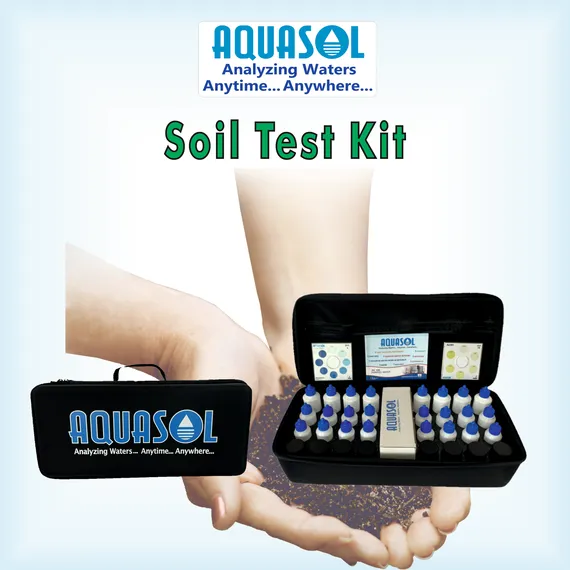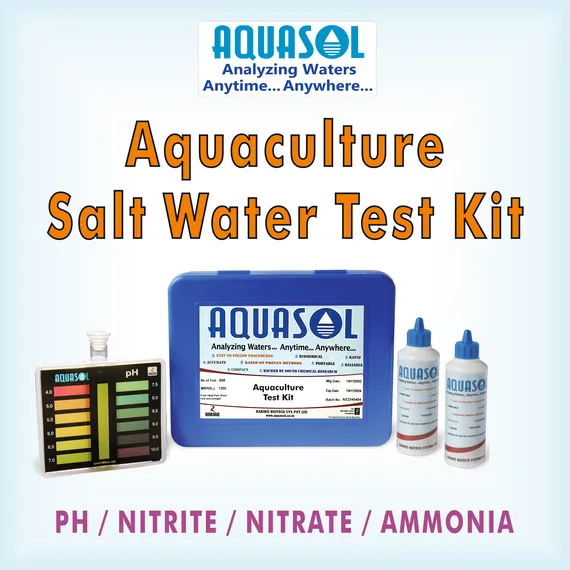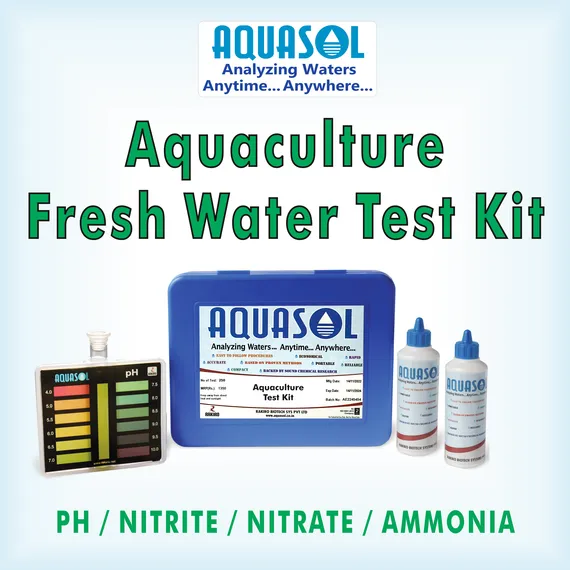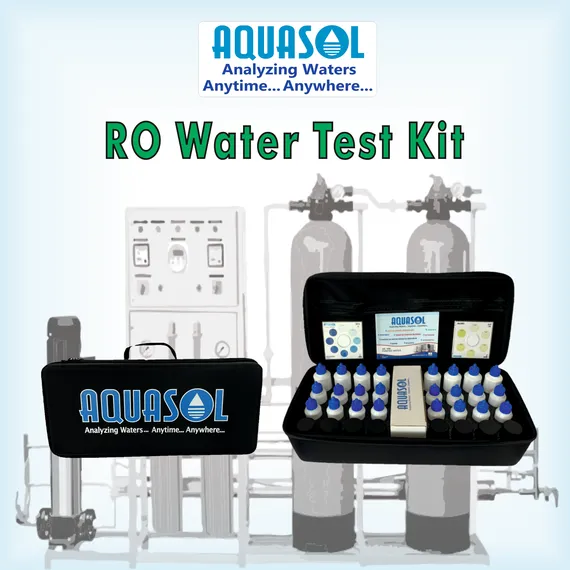Description
Soil testing is the analysis of a soil sample to determine nutrient and contaminated content composition and other major nutrient characteristics. A soil test can determine fertility or the expected growth potential of the soil which indicates nutrient deficiencies potential toxicities from excessive fertility and inhibitions from the presence of non-essential trace minerals. Soil testing is often performed targeting groups of compounds and minerals which need to be in adequate quantities for the soil to be productive and subsequently give a healthy crop. The advantages of testing are that excessive use of fertilizer can be avoided which results in reduction of Waste of plant and potential damage to environment can be controlled. Therefore it makes good sense to test the soil for these nutrients and add the required amount of fertilizer. Soil has to contain some major nutrient for the crops to be healthy. The major nutrients which need to be in adequate quantities for the soil to be productive and subsequently give a healthy crop are: NITROGEN Nitrogen encourages above ground vegetative growth and it serves as the source for the dark green color in the leaves of various crops. PHOSPHOROUS Phosphorus is a component of the complex nucleic acid structure of plants which regulates protein synthesis. It is therefore important in cell division and development of new tissue in roots. POTASSIUM Potassium takes care of multiple functions like Photosynthesis Protein Synthesis and Starch formation and for the translocation of Sugars. It also imparts resistance to the plant against Microbial attack and if deficient results in poor flowering and fruit formation. pH pH is important because it influences how easily plants can take up nutrients from the soil. Also is useful in prevention of soil borne disease. ORGANIC CARBON Carbon content of soil is a major factor in its overall health. Soil carbon improves the physical properties of soil and water-holding capacity of sandy soil. Also it contributes to the structural stability of clay soils by helping to bind particles into aggregates of which carbon is a major part holds a great proportion of nutrients that are of importance to plant growth. It prevents nutrient leaching and is integral to the organic acids that make minerals available to plants.
Features
- Onsite Field Test Kit
- Easy To Follow Procedures
- Based on International Standards (APHA/AWWA/IS)
- Rapid and Accurate and Reliable results
- Available in portable carry case
- Tested and Validated by leading Laboratory
- Economical and long shelf life.
Specification
| Parameter | Range |
| pH | 4 10 |
| Nitrogen | 0 -5 10-20 20 -30 >40 Kg/Acre as N |
| Phosphorous | 0 – 10 10 – 25 25 – 40 > 40 Kg/Acre as P2O5 |
| Potassium | 0 25 50 100 150 200 Kg/Acre as K |
| Organic Carbon | < 0.4 % / 0.4 -0.8 % / > 0.8 % w/v |
Downloads
Videos
Reviews(0)
Add a review
Your email address will not be published. Required fields are marked

